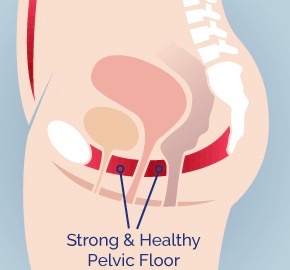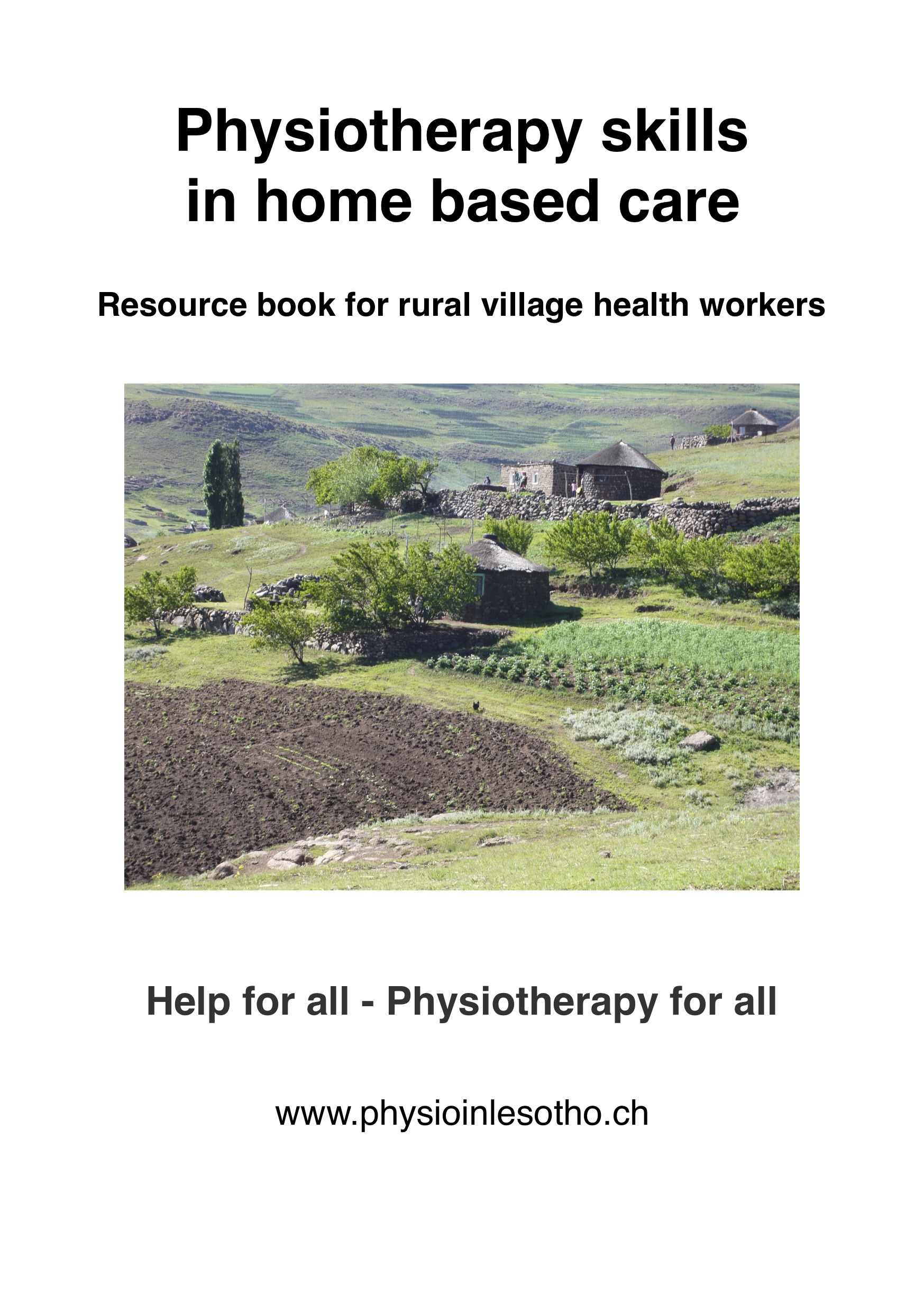Paray Physiotherapy Study Group
Lumelang bo Mme le bo Ntate
How are you? We hope you are fine and life is well. I met the other day with Ausi Itumeleing and we were remembering warmly the wonderful study days with
you at Paray. We are fine. Ausi Itumeleing is busy with her physiotherapy work in the big hospital near the capital Zurich in Switzerland. Myself I’m occupied
with treating disabled children and sustaining their parents, there all day struggle. Quite often I’m travelling from Italy to Switzerland for teaching
events around the topic of physiotherapy, disability and musictherapy.
I’m pleased that our first newsletter with the booklet about natural medicine has arrived at your place. Our SMS contact and even the simple beeps are enlightening my days with joy.
Attached to this newsletter you find another booklet on the topic of natural medicine: it’s edited by the international organization Action for Natural
Medicine in the tropics. In a simple way it explains how we can sustain HIV positive people with natural remedies. Clinical experience showed that patience
with ART sustain better the treatment and improve in physical and life quality using next to the medicine the natural remedies. I wish you an interesting
reading.
During our study days we spoke many times about community based rehabilitation (CBR). I’m pleased to tell you that I’ve got 15 copies of the book “Disabled
village children”. This extraordinary book contains many of our topics and can be an handbook for our everyday work.
They are already in my suitcase and wait for my departure to Lesotho the 1st of December.
Attached you find a short note about what is CBR. Physiotherapy and rehabilitation work is centred at the hospital and OPD, but as we know our knowledge
and skill can be from help even in the ART centre, the TB unit, the primary health care department, in the health centre and on community health worker
level. So in this newsletter let’s have a brief look on CBR.
Whenever you like to be in touch with me please send an SMS to one of this 2 numbers:
0041795127821 if you fail on this one, please use my italian number 00393203527114
If you like that I phone you back please beep me twice in two different calls.
If you have acces to e-mail you can write directly to me:
info@wolfgangfasser.ch
I’m pleased to tell you that more nurses and nurse assistances are interested on the activities of our group and they will join us in December . For now
let me greet you and wish you a nice and happy eastern season.
Khotso pula Nala!
Ntate Thuso W. Fasser
What is Community Based Rehabilitation ?
CBR focuses on enhancing the quality of life for people with disabilities and their families, meeting basic needs and ensuring inclusion and participation.
CBR is a multi-sectoral approach and has 5 major components: health, education, livelihood, social and empowerment. CBR was developed in the 1980s, to
give people with disabilities access to rehabilitation in their own communities using predominantly local resources. A 2004 joint ILO, UNESCO and WHO paper repositioned CBR as a strategy for rehabilitation, equalization of opportunity, poverty reduction and social inclusion of people with disabilities.
Access the joint paper
The goals of CBR are to ensure the benefits of the Convention on Rights of Persons with Disabilities reach the majority by:
supporting people with disabilities to maximize their physical and mental abilities, to access regular services and opportunities, and to become active
contributors to the community and society at large;
activating communities to promote and protect the human rights of people with disabilities for example by removing barriers to participation;
facilitating capacity building, empowerment and community mobilization of people with disabilities and their families.
CBR is implemented in more than 90 countries through the combined efforts of people with disabilities, their families, communities, and relevant governmental and non-governmental organizations working in disability and development. Involvement and participation of people with disabilities and their families
is at the heart of CBR. What WHO is doing
WHO, in partnership with other UN agencies, collaborating centres and nongovernmental organizations is assisting these efforts by:
Developing guidelines for CBR in partnership with other UN Agencies, nongovernmental organizations including Disabled People’s Organizations. Conducting regional and country workshops to promote CBR and to develop national or regional CBR strategies.
Supporting Member States to initiate or strengthen existing CBR programs. Developing a CBR Global database and network.
We as physiotherapists and rehabilitation workers are engaged on a grass root level. Our activities shall prevent or minimize long standing disabilities and help to improve coping strategies for the disabled person and their family.
April 2009


